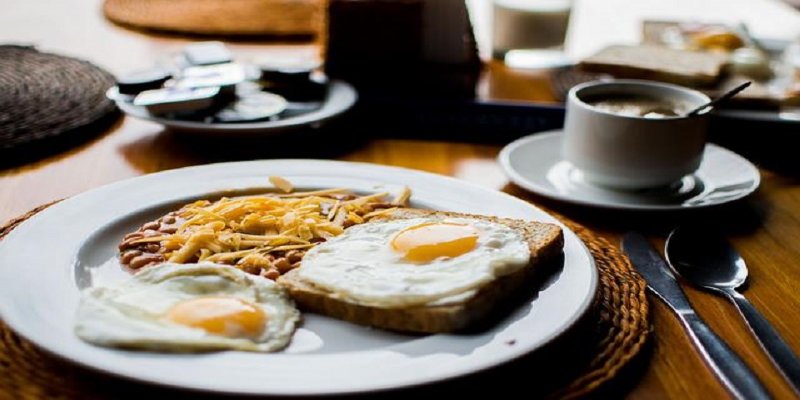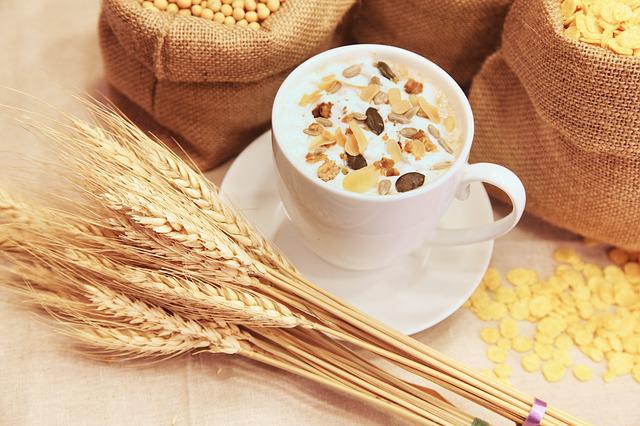Vice President Naidu launches national helpline, portal for senior citizens
- Thursday | 21st July, 2022
Senior Citizen: Why Senior Citizens are not first concern for health insurers?
- Monday | 11th July, 2022

Wondering what are healthy foods for old age persons? You will find the answers in the following discourse.
Aging decreases calorie needs. However, the nutrient demands remain the same and, in some cases, increase. Subsequently, sr citizens must eat nutrient-rich food which will help them get vitamins, minerals, carbohydrates, fats, and protein.

Serving sizes and amounts
When it comes to meals, it’s good to know serving sizes and how much you need for your age. For the five food groups, aim for these serves each day :
Serving sizes for each food group are:
Vegetables: a standard serve is about 75 grams (100–350 kilojoules); for example, ½ cup cooked green or orange vegetables or ½ cup cooked dried or canned beans, peas or lentils
Fruit: a standard serve is 150 grams (350 kilojoules); for example, a medium apple or banana, or two kiwifruits or plums. Try to eat whole fruit and not fruit juice
Grain foods: a standard serve is 500 kilojoules; for example, one slice of bread or ½ cup cooked porridge. At least two-thirds of choices should be wholegrain varieties
Meats, fish, eggs, nuts and seeds: a standard serve is 145 calories; for example, 65 grams cooked lean red meats or two large eggs
Milk, yoghurt and cheese or alternatives: a standard serve is 145 calories; for example, a cup of milk or ¾ cup yogurt.

Healthy bones and teeth
If you’re on bed rest or not exercising much, you may experience muscle loss, which can increase your risk of falls and broken bones. Protein is essential for building, repairing, and maintaining healthy bones and muscles.
Excellent sources of protein include all meats, fish, eggs, and seafood; all types of dairy (watch cream and butter intake); and soy products like tofu and soy beverages. Other good sources include beans and pulses, such as baked beans, all nuts and seeds, and wholegrains.
Try to spread your protein intake across the day so your body has the chance to use it while you’re busy, rather than saving it all until your evening meal when the body doesn’t need it as much. If you’re not very hungry, try to eat the protein part of your meal first.
You may like to try these meal ideas for a protein boost:
Breakfast: add yogurt and milk to cereal; or try egg, sardines, leftover meat or cheese on toast
Lunch: have some cheese or ham; make an open sandwich of tinned tuna or sardines; have a glass of milk or a banana smoothie
Dinner: serve meat, chicken, fish or eggs with vegetables like broccoli or cauliflower with melted cheese; enjoy ice-cream, yoghurt or custard with fruit for dessert.
Vitamin D is also essential for healthy bones. The best source is the sun, but you only need a short time in the sunshine each day to get the amount of vitamin D you need.
Weight-bearing exercise, such as walking or light weights, is also important for bone health.
Take Supplements
Sometimes preparing a diet plan with the best foods for old age persons, containing all nutrients, becomes difficult due to certain food-related restrictions. In such cases, they can take vitamin or mineral supplements such as magnesium, vitamin B-6, B-12, vitamin D after consulting with their general physician. Usually, these vitamins are not absorbed by elderly persons as per bodily requirements.
Please note some supplements can hamper the effects of certain medications. Therefore, consult with your doctor about the potential side effects of a supplement or medication.
Drinking water and enough fluids are essential for older people. Ageing can decrease body water content which in turn increases dehydration. Dehydration, in turn, can increase mortality rates and result in impaired cognition or acute confusion, or constipation. To avoid such issues, elderly persons need to drink more water, fluids, fruit juice etc.
The above-mentioned piece talks about the strategies to maintain a healthy diet for senior citizens and gives an idea about healthy foods for old age persons. Read these details and try to follow these strategies, and incorporate food items to ensure a healthy and fit body.

Your support to NYOOOZ will help us to continue create and publish news for and from smaller cities, which also need equal voice as much as citizens living in bigger cities have through mainstream media organizations.
